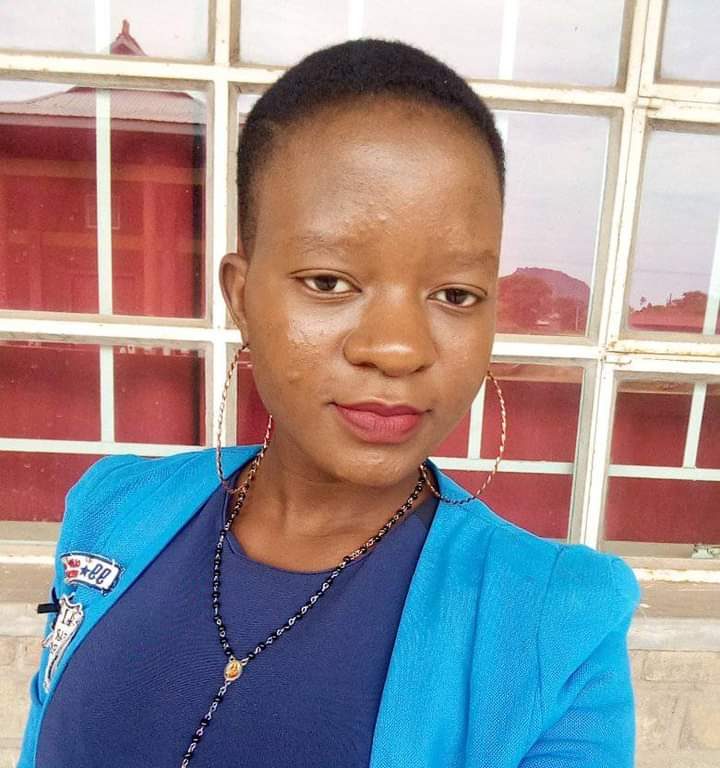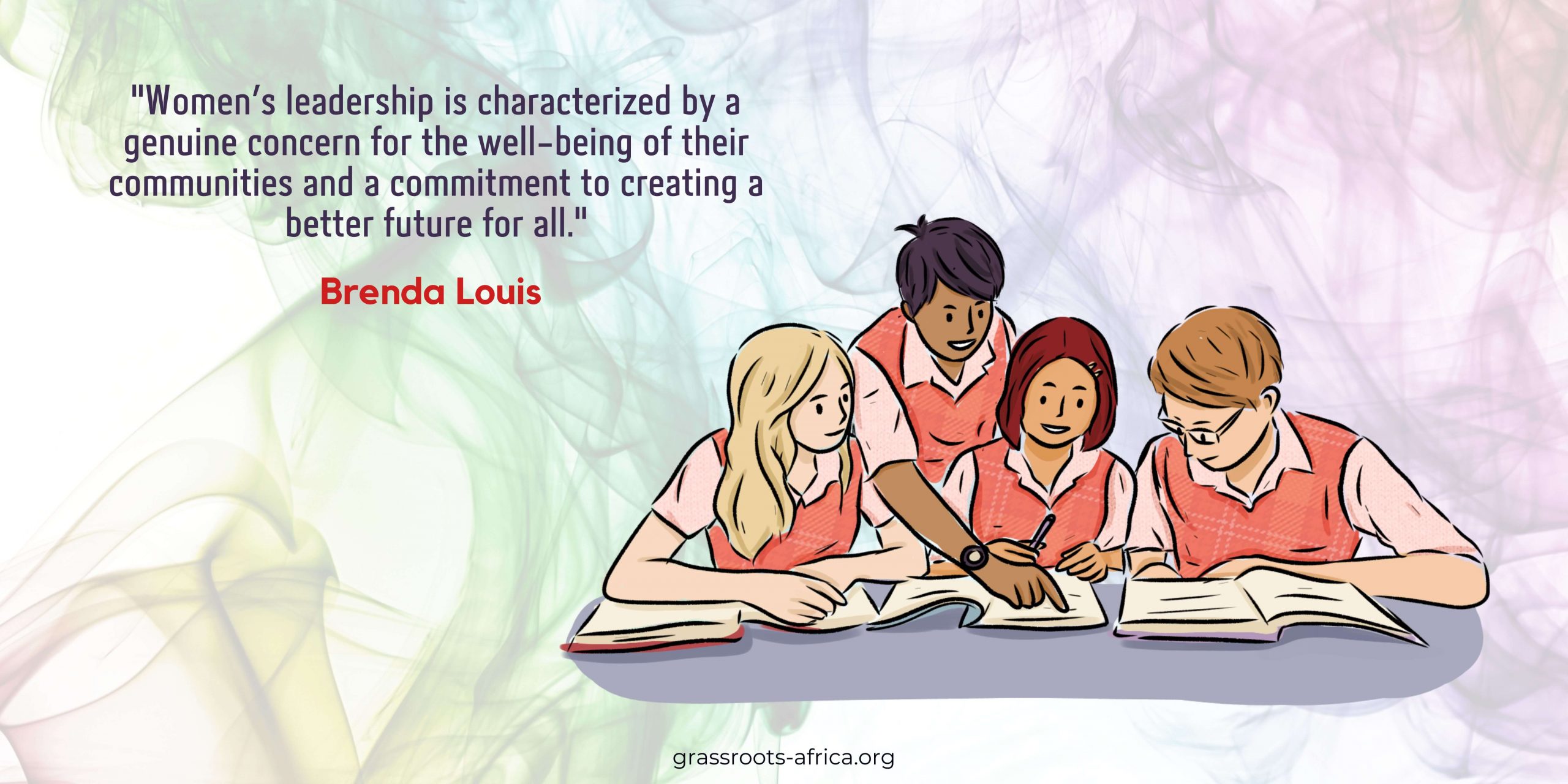Women in Education: Empowering Minds and Transforming Nations
by Admin
Posted on June 15, 2023
Education is a fundamental right that should be accessible to all, regardless of gender. However, women still face significant challenges in accessing and excelling in education. Malawi continues to grapple with significant gender disparities in education, particularly at certain levels. According to recent statistics from the Ministry of Education, the enrolment rate for girls in primary education is lower than that of boys. This disparity persists as students progress to secondary and tertiary levels, with fewer girls accessing higher education opportunities. Furthermore, completion rates for girls at each educational level are lower compared to their male counterparts, limiting their potential for personal and professional growth.
Barriers to Girls’ Education:
Multiple factors contribute to the gender gaps in education in Malawi. Socio-cultural norms and expectations often prioritize boys’ education over girls’. Early marriage and teenage pregnancy pose significant challenges, forcing many girls to drop out of school prematurely. Inadequate school facilities, long distances to schools, and a lack of sanitary facilities further hinder girls’ educational progress. These barriers perpetuate a cycle of limited opportunities for girls, exacerbating gender inequalities and stifling their potential contributions to society.
However, education should never be gender-selective. Women and girls deserve equal opportunities to pursue education and expand their knowledge. Unfortunately, societal norms and stereotypes often limit women’s access to education, reinforcing the belief that higher education reduces their chances of getting married. This perspective is outdated and unjust. Women should have the freedom to pursue education and personal development without compromising their aspirations for a fulfilling life.
The Power of Educating Malawian Women:
Empowering women through education has a profound impact on individuals, families, and communities. Educated women are more likely to make informed decisions about their health, family planning, and financial well-being. They become agents of change, breaking the cycle of poverty and contributing to economic growth. When girls and women are educated, they gain the knowledge and skills to participate actively in the development of their communities, advocate for their rights, and challenge gender norms. Investing in women’s education is an investment in the future of Malawi.
Inspiring Examples of Change:
There are countless examples of women who have accomplished remarkable achievements and have positively impacted their communities through education. One such inspiring figure is Hon. Patricia Kaliati, a Member of Parliament for Mulanje Southwest Constituency. Her contributions to development, such as implementing irrigation farming schemes and supporting students’ education, have transformed lives and lifted people out of extreme poverty. Hon. Kaliati’s accomplishments serve as a testament to the potential of educated women to drive progress and create meaningful change.
Malawi has also seen remarkable individuals who have championed women’s education and made a tangible difference in their communities. Dr. Mary Shawa, a prominent advocate for girls’ education, has tirelessly campaigned for equal access to education and spearheaded initiatives to improve girls’ enrollment rates in Malawi. Her efforts have been instrumental in increasing educational opportunities for girls and raising awareness of the importance of girls’ education at all levels.
When educated women are given the opportunity to lead, their focus is often on development and inclusivity. Unlike some male counterparts, educated women understand the importance of involving others in their achievements and actively seek to uplift those around them. Their leadership is characterized by a genuine concern for the well-being of their communities and a commitment to creating a better future for all. It is essential to break gender barriers and provide more opportunities for women to take on leadership roles, ensuring a more balanced and compassionate approach to governance and decision-making.
Addressing the Gender Gap:
To bridge the gender gap in education, concerted efforts are needed from government, communities, and stakeholders. Policies and interventions must focus on eliminating gender-based discrimination and creating an enabling environment for girls’ education. Targeted initiatives, such as providing scholarships, building schools in rural areas, and implementing comprehensive sex education programs, can address the unique challenges faced by girls in accessing education. Collaboration between government, civil society organizations, and communities is crucial to ensure that girls have equal opportunities to learn and thrive.
Achieving gender equality in education is a collective responsibility that requires sustained commitment and action. In Malawi, closing the gender gap in education is not only a matter of justice but also a catalyst for social progress and economic development. By providing equal access to education, supporting girls’ enrollment and retention, and empowering women, Malawi can unlock the full potential of its population and create a more prosperous and equitable society. Let us strive for a future where every girl in Malawi has the opportunity to fulfill her dreams and contribute to the nation’s growth.
About the author:

Brenda Louis is a language teacher, writer, and editor with a degree from the University of Malawi. She is a versatile writer, skilled in poetry, short stories, and articles. Brenda’s works have been published in prestigious publications such as Success Magazine, Scribble Publication, Together Youth Magazine, Chanco Telescope, and Chanco News. With a passion for spoken word poetry, she captivates audiences with her powerful performances. As an editor at Success Magazine, Brenda brings her expertise to curate engaging and insightful content. Her contributions to the literary and educational community in Malawi have made her a respected figure. Brenda’s dedication to her craft and commitment to sharing her voice make her a valuable asset in the world of writing and publishing.

Recent Comments